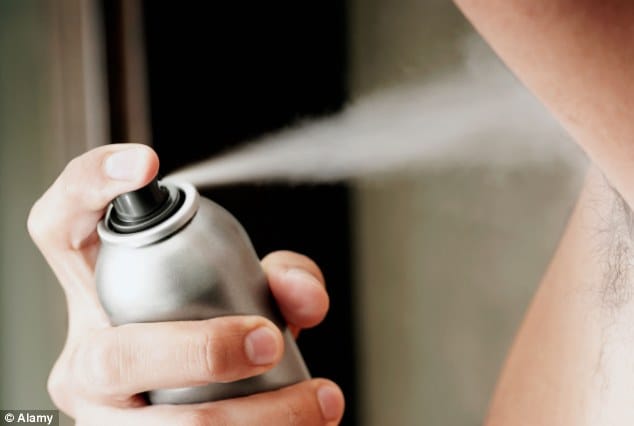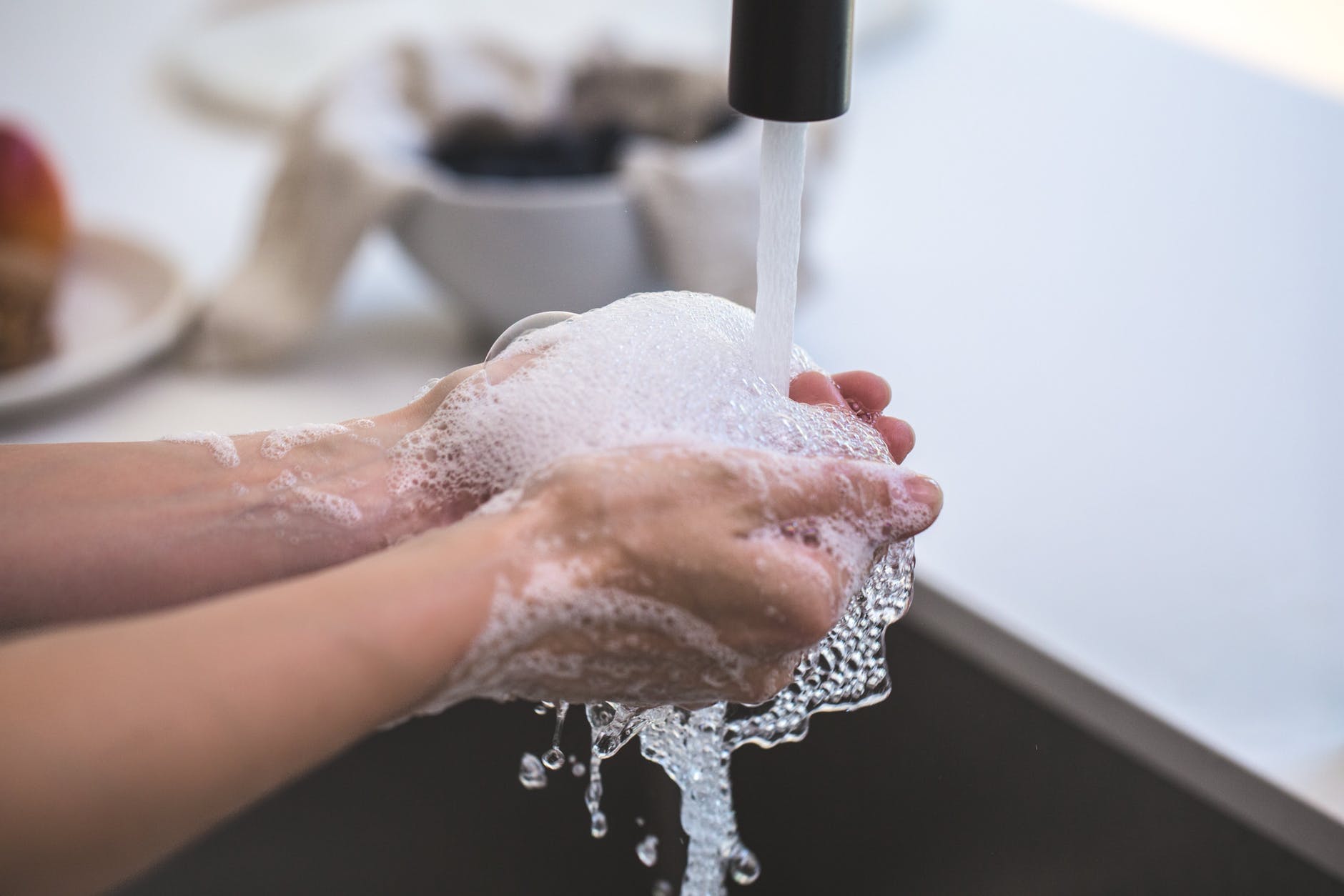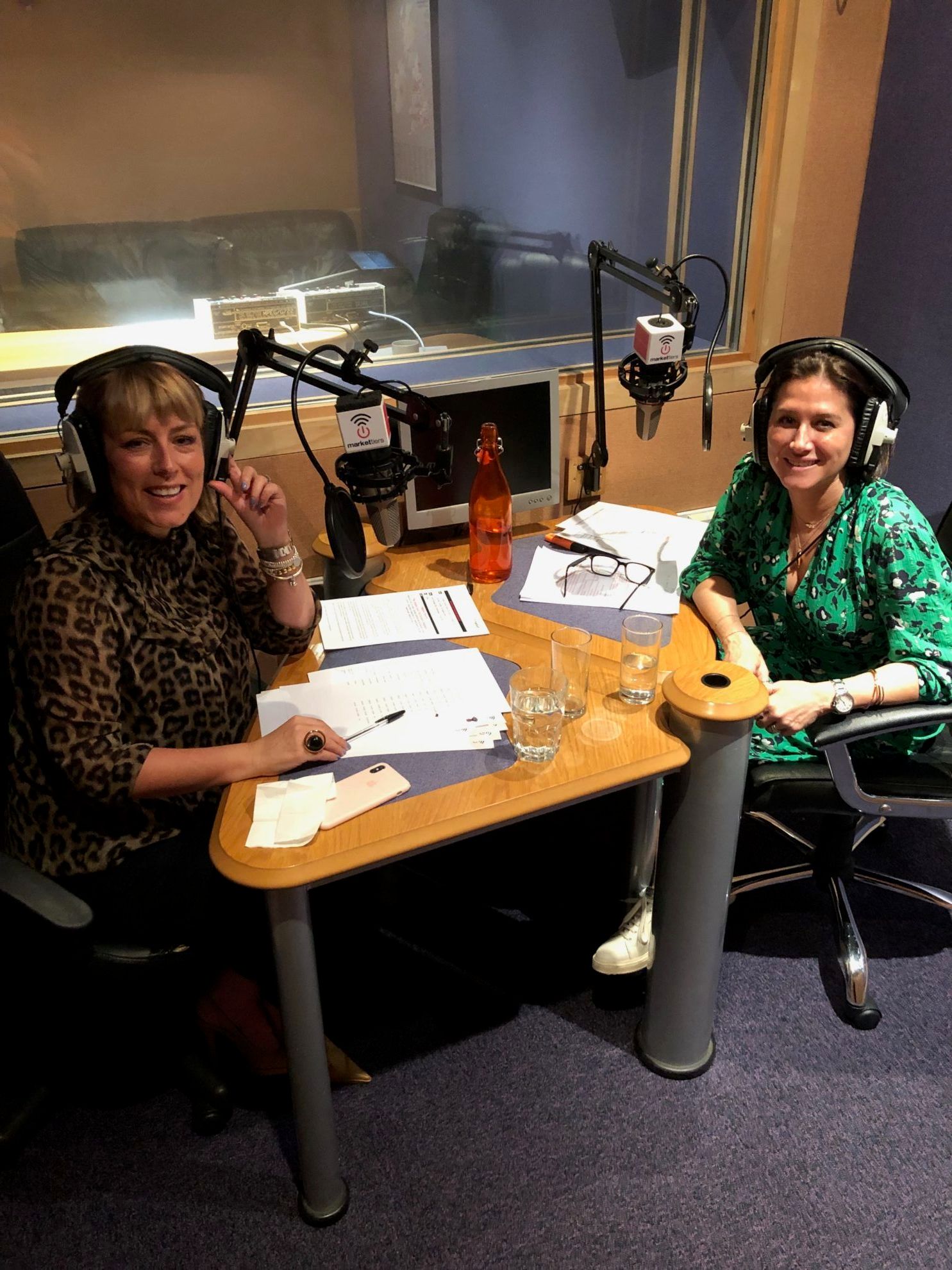the story
Nearly one in four UK children, including 10,000 that leave care annually, currently live in poverty. Leaving them at heightened risk of ‘hygiene poverty’; two new ‘hygiene banks’ opening each week.
Rising numbers of people in vulnerable situations across the UK are falling into ‘hygiene poverty’ as their inability to pay for basic products is increasing.
National charity, ‘The Hygiene Bank’ are calling for this issue to take prominence in the fight against normalising poverty. Hygiene is about physical and mental wellbeing, self-confidence and dignity. Hygiene poverty is shaming, isolating and excluding – the stigma attached affects all areas of life including work, school and relationships.
For example, various recent surveys have exhibited the full effects of hygiene poverty within schools. 46% of teachers said they’d seen children being bullied for hygiene issues [3] and another study found one in ten girls cannot afford sanitary products and many miss school because of it [4].
With those living in poverty having to make difficult choices about where to spend their money, the charity have already opened around 90 dedicated banks. These sites collect vital donations to distribute among the hardest hit. Currently, the issue is so great that they’re having to open another two sites a week.
Since their founding, they’ve donated over 24 tonnes of hygiene and personal care products to people in need. This equates to over £250,000 worth of shampoo, conditioner, washing powder, nappies, deodorant and razors among many other vital products.


the challenge
markettiers were tasked with raising awareness of The Hygiene Bank and the important work the charity takes across the UK. As a fairly new organisation, there was a need to first explain what hygiene poverty is and how people can help. This would help to break the stigma of hygiene poverty and highlight the broad range of individuals the charity helps. The ultimate goal was to drive donations to the charity, and if possible, consider starting up a hygiene bank in the local area.
the answer
We pegged the story onto the release of the IFS ‘Living Standards, Poverty and Inequality in the UK’ annual report, and used The Hygiene Bank’s data to point as the specific problem of hygiene amongst those in poverty.
We had the founder, Lizzy Hall, and celebrity patron Faye Ripley as spokespeople, as well as a host of case studies to bring the story to sharp reality.


the successes
The story was very well-received with a full schedule of interviews featuring a wide range of broadcasters. This included five national stations, six regional BBC stations and a breadth of popular local, commercial stations. Both Fay and Lizzy were able to raise awareness and educate listeners about The Hygiene Bank. Encouraging listeners to consider getting involved or donating.
Presenters were engaged with and interested in the story, proving the importance of broadcast media in communicating the good work The Hygiene Bank does for those living in hygiene poverty.

